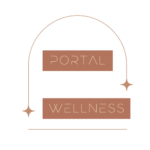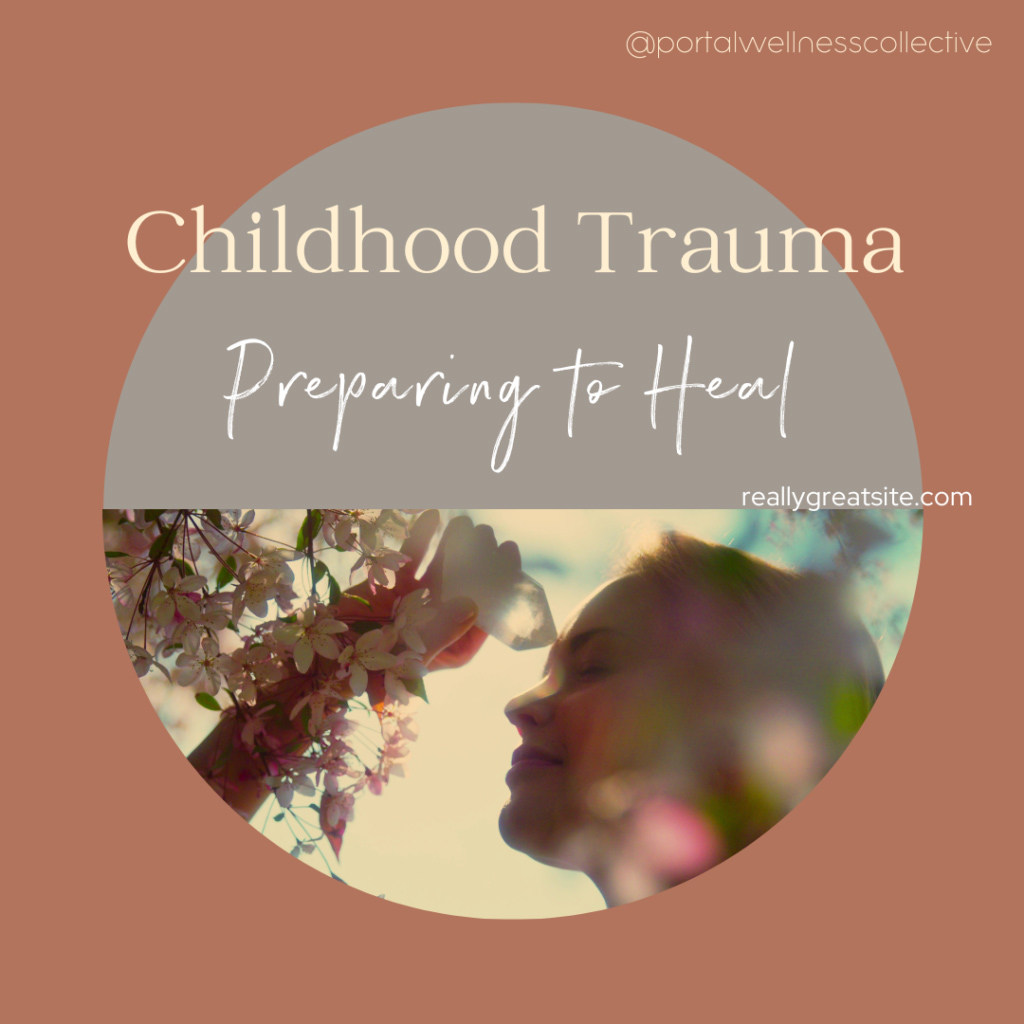Healing from childhood trauma can be a difficult and emotional journey, but with the right preparation, it can be made more manageable.
Here are some steps you can take to prepare for healing from childhood trauma:
Seek out a therapist: who specializes in childhood trauma: Finding a therapist who has experience working with trauma survivors can be incredibly beneficial. They will be able to help you work through your traumatic experiences in a safe and supportive environment. You can take a look at our trauma specialists here.
Build a support system: Having a strong support system in place can be incredibly helpful when healing from childhood trauma. This can include friends and family members who are supportive and understanding, as well as joining a support group for trauma survivors. There are many types of support groups, if your interested in joining a support group here is some more information.
Be open to different forms of therapy: Healing from childhood trauma can involve a variety of therapies, including EMDR, Internal Family Systems and Narrative. Be open to trying different forms of therapy to see what works best for you. In our practice we utilize a variety of approaches to cater to the unique individual. We believe incorporating trauma therapy that addresses the cognitive mind, body, and spirit (meaning making) is essential to sustained progress.
Educate yourself about trauma and its effects: Understanding the effects of trauma on the mind and body can be helpful in understanding your own experiences and coping with the healing process. Here is a blog article we wrote about the impacts of childhood trauma.
Practice self-care: Healing from childhood trauma can be emotionally and mentally taxing. It’s important to take care of yourself physically and emotionally by getting enough sleep, eating well, and engaging in activities that bring you joy.
Identify triggers: Trauma can often be triggered by certain situations or events. By identifying your triggers, you can work on developing coping strategies to manage them.
Be prepared for setbacks: Healing from childhood trauma is not a linear process. You may have good days and bad days and may experience setbacks. Be prepared for this and don’t be too hard on yourself when they happen. Sometimes it can be hard to know what to expect when healing from trauma or our expectations are unrealistic. Here is more about what you can expect when healing from trauma.
Remember, healing from childhood trauma is a process and it takes time. It’s important to be patient with yourself and to remember that healing is possible. With the right preparation, you can make your healing journey more manageable.

Here is how we help our clients set themselves up for success and support.
-
Make a plan. Who is going to be your therapist, what are you goals? How are you going to work towards trauma healing? Be as specific as possible.
-
Anticipate challenges. what kinds of distractions, upsets, setbacks, or bumps in the road might arise during this journey?
- Identify Coping Strategies. Identify preventative strategies to support yourself on this journey (daily walks, extra time alone…etc), as well as strategies for when you are really struggling. Having a plan in place you can easily access when you are having a difficult day will help you maintain the momentum of your journey.
-
Enlist a buddy (or multiple). Enlist a friend to help you stay accountable to your goals, help you process and be there for support when difficult emotions arise.
-
Record your process. Journal, video or voice notes, art…whatever it is try to document your healing process, this helps you keep momentum and have something to look back on when you feel stuck.
-
Reflect and review. Take time occasionally to reflect on your journey, review your skills, learning and goals. Again, this helps you keep perspective as well as momentum when you need it.
In summary, to prepare for healing from childhood trauma, it’s important to seek out a therapist or counselor who specializes in trauma, connect to a support system if you are able, be open to different forms of therapy, educate yourself about trauma and its effects, practice self-care, identify triggers, be prepared for setbacks, and make sure to reflect on your progress.
If you are ready to start your trauma healing journey schedule a free 15 min consultation with one of our trauma therapists, you don’t have to do this alone.


